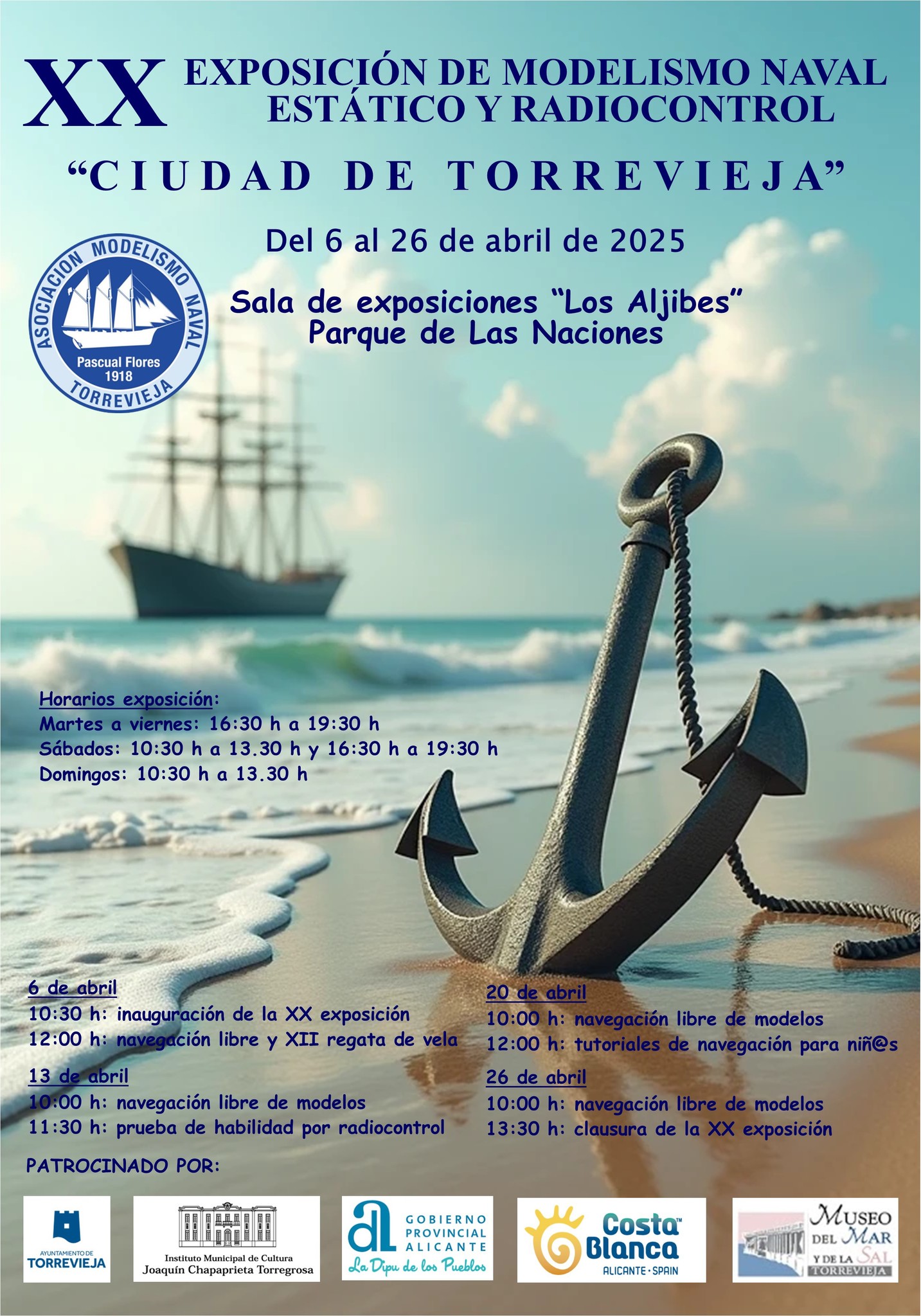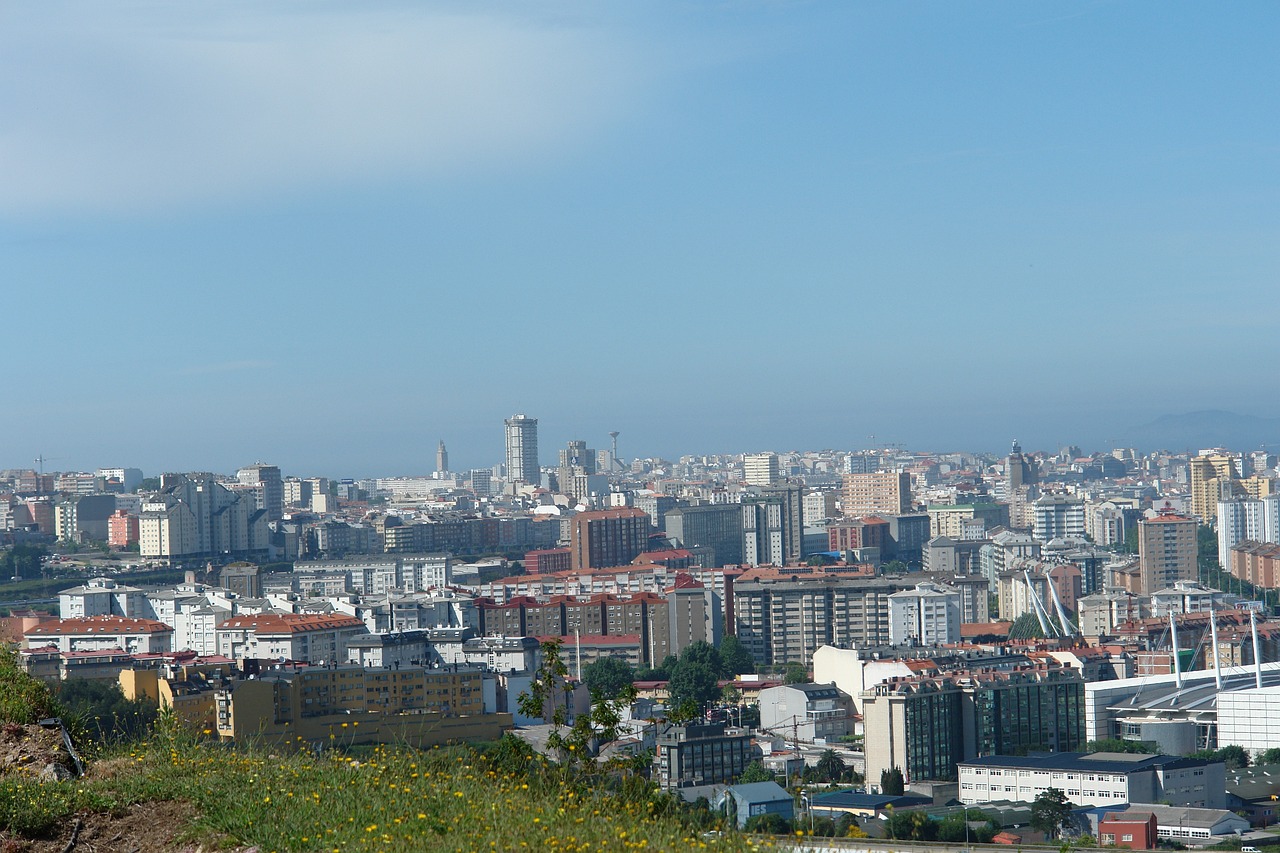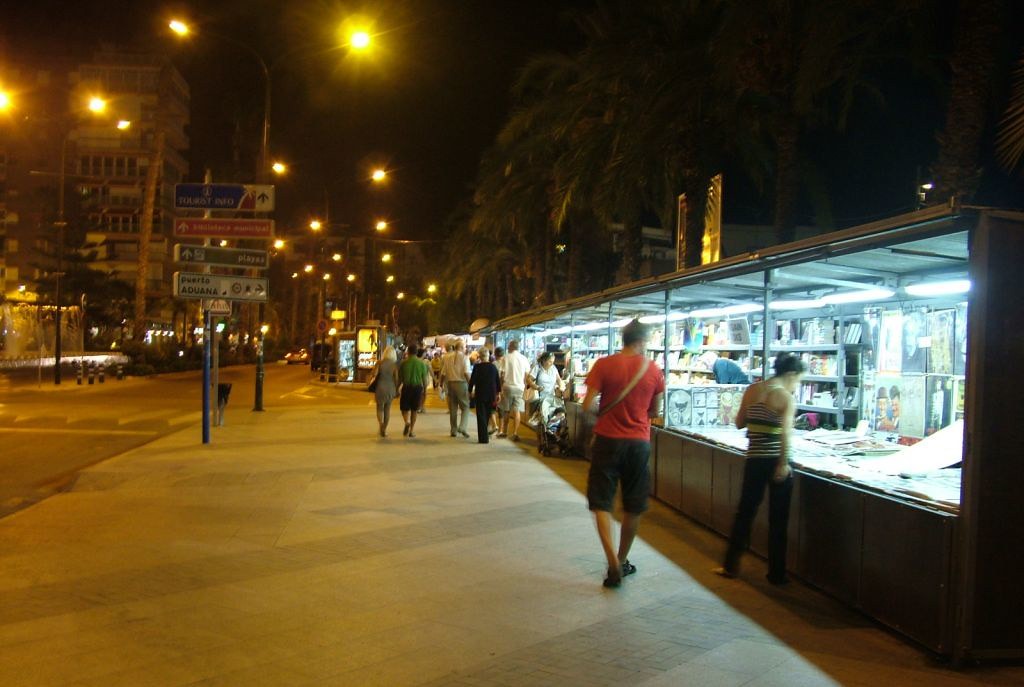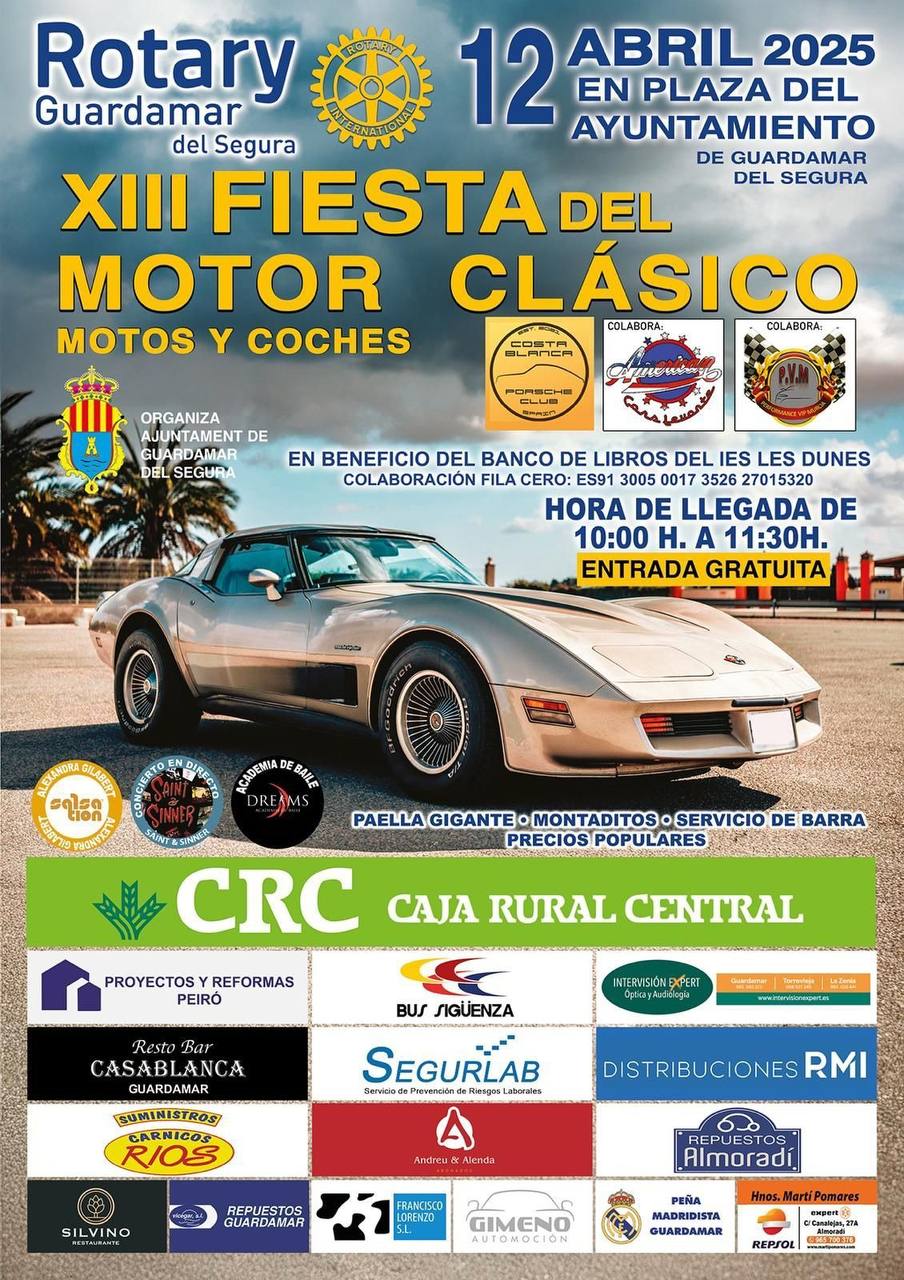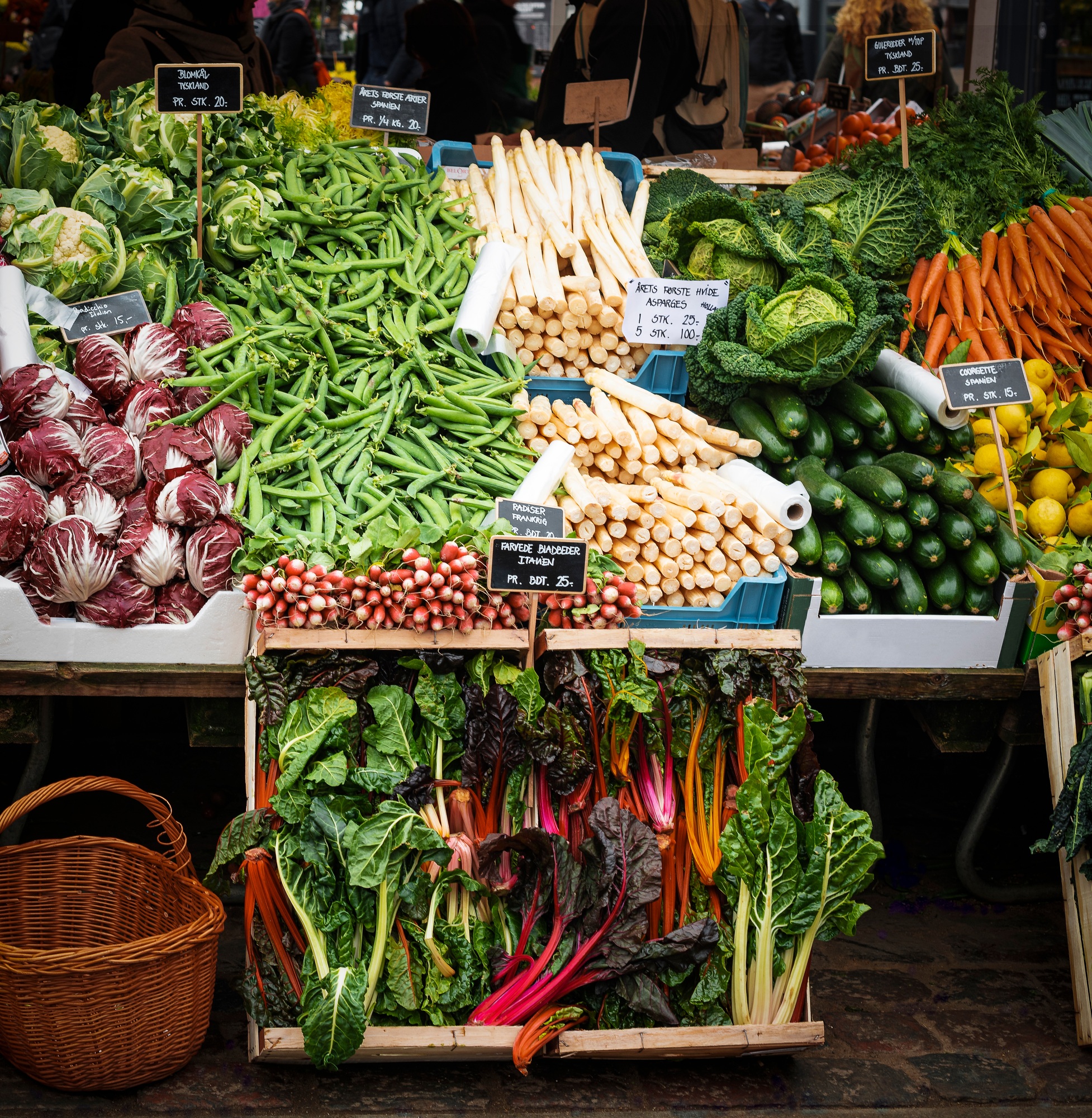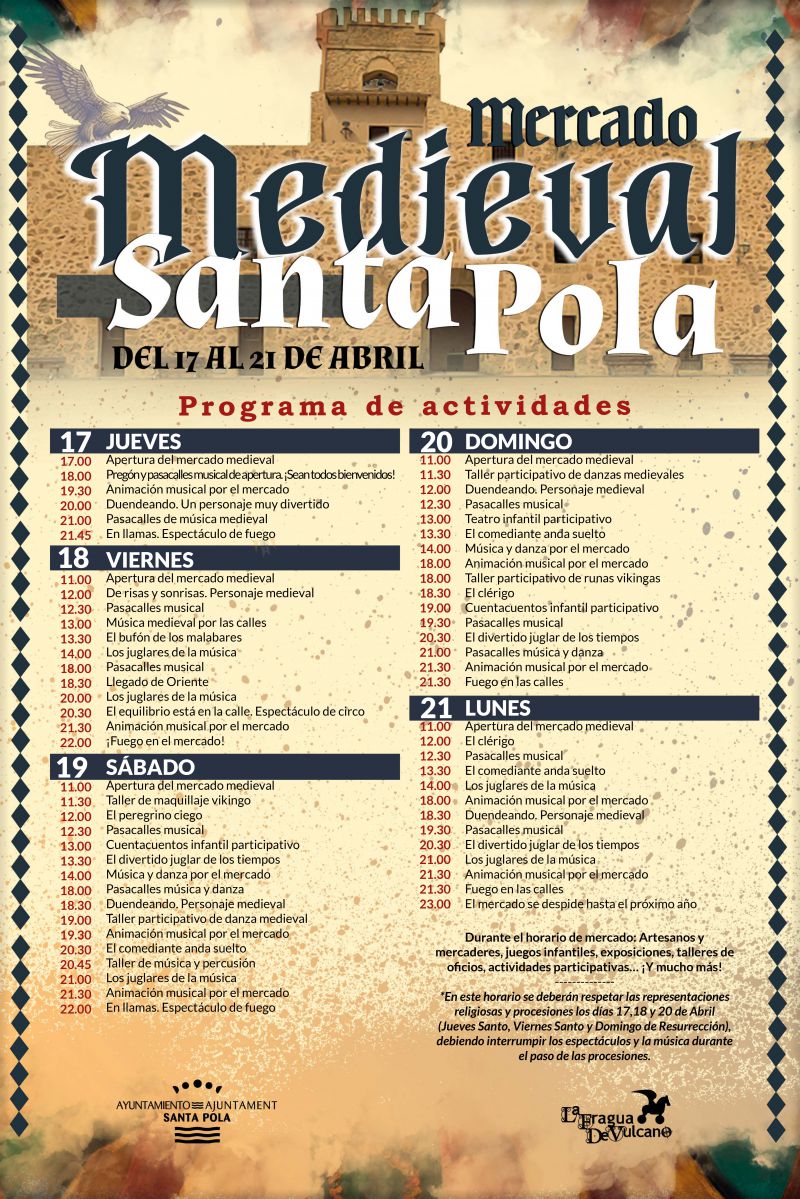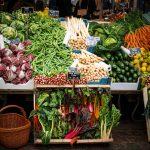Magazine
RENAULT 5 E-TECH 100% ELECTRIC NAMED THE ‘BEST VALUE ELECTRIC CAR’

Renault 5 E-Tech 100% electric wins the ‘Best Value Electric Car’ category at the Electrifying.com Awards
“It’s the one to beat in the compact electric car class,” said the judges
Prices for the Renault 5 E-Tech 100% electric are expected to start from less than £23,000
Renault 5 R-Pass available now allowing holders to place orders 10 days before the general public
Ahead of its UK launch in early 2025, the head-turning Renault 5 E-Tech 100% electric has added another accolade to its rapidly-growing trophy cabinet after winning “Best Value Electric Car” in the Electrifying.com Awards.
Only electric cars that represent a significant achievement in the sector qualify as contenders for the annual awards that are hosted by the acclaimed website.
On awarding the Renault 5 E-Tech 100% electric, Ginny Buckley, Founder and CEO of Electrifying.com said: “Renault is on a roll with its electric cars, and the new Renault 5 E-Tech is leading the charge. This 21st-century reboot of a much-loved classic combines retro charm with modern tech and has nailed its comeback. It’s a car guaranteed to make you smile, it’s fun to drive, turns heads, and comes at a competitive price. We think it’s the one to beat in the compact electric car class. Small but mighty, the Renault 5 packs a punch proving that affordable can also be aspirational.”
Adam Wood, Managing Director Renault UK and Country Head Renault Group UK commented: “The Renault 5 E-Tech 100% electric has already made a huge impact and while many of the fantastic reviews have praised its looks, driving experience and specification, this award underlines how it also provides fantastic value for money. With many people concerned over the cost of switching to an EV, Renault 5 really is a car that appeals to head and heart.”
With the retro style reminiscent of the original Renault 5 but with a modern twist and offering up to 248 miles on a single charge (pending WLTP certification), the Renault 5 E-Tech 100% electric is set to be a standout in its class.
Customers eager to be among the first behind the wheel of a Renault 5 E-Tech 100% electric can purchase an R-Pass, for £150, which allows them to place their order 10 days before the general public.
Prices for the Renault 5 E-Tech 100% electric are expected to start from less than £23,000, with full pricing due to be announced in the coming weeks.
For more information on the Renault 5 E-Tech 100% electric visit: https://www.renault.co.uk/electric-vehicles/R5-e-tech-electric.html
Discover more from Costa Blanca Daily
Subscribe to get the latest posts sent to your email.

Costa Blanca
UK bans EU cheese and meat to stop disease spreading
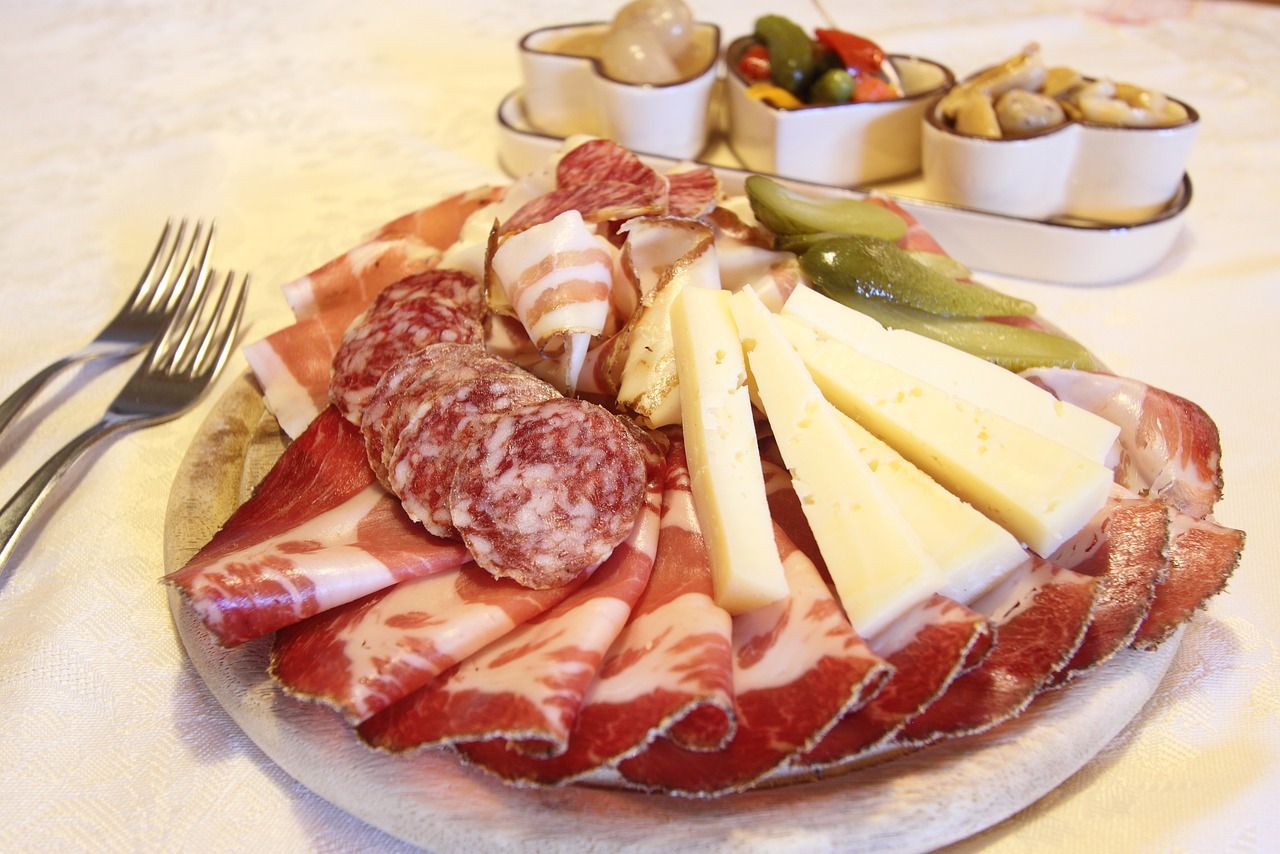
The UK government has implemented a temporary prohibition on the importation of cheese and meat products from the EU by holidaymakers in order to mitigate the transmission of foot-and-mouth disease.
Since Saturday, travellers have been prohibited from returning with items such as cured meat and cheese, including those used in sandwiches, as a result of the expanding pandemic on the continent.
Regardless of whether the products are purchased from a duty-free store or are packaged or packed, the restrictions remain in effect.
It follows an earlier prohibition of comparable products from Hungary, Slovakia, Germany, and Austria in response to the escalating prevalence of the cattle disease in those nations.
The restrictions are applicable to individuals who arrive in Great Britain, not Northern Ireland, Jersey, Guernsey, or the Isle of Man.
If individuals attempt to bring in products, they will be confiscated and destroyed. In “serious cases,” individuals may be subject to a fine of up to £5,000.
Among the restricted products are:
Pork, beef, lamb, mutton, goat, venison, other products created from these meats, such as sausages milk and dairy products like butter, cheese, and yoghurt.
Individuals are permitted to bring a maximum of 2kg of reconstituted infant milk, infant food, or special food that is required for medical purposes.
Foot and mouth disease is a highly contagious virus that can result in lameness and nutrition difficulties, as well as blisters in the mouth and under the hooves of animals.
At present, there are no instances of foot-and-mouth disease in the United Kingdom.
The most recent outbreak in the United Kingdom occurred in 2001. Despite the fact that there were only 2,000 confirmed cases, over six million sheep, cattle, and swine were slaughtered.
This is due to the fact that each of those instances resulted in the slaughter and burning of all of the livestock on a property.
The National Farmers Union’s president, Tom Bradshaw, expressed his satisfaction with the government’s decision to extend the initial prohibition, stating that it was “quick” to implement it.
He stated that “increased border controls are imperative” in order to contain the disease.
Mr. Bradshaw advocated for “a comprehensive cross-government biosecurity plan that would establish these restrictions on a permanent legislative basis and receive the requisite investment.”
The Guild of Fine Food, which represents independent food and drink retailers, stated that the ban on ‘holiday treats’ was ‘hurried’. However, it also noted that it brought the UK government’s policy for holidaymakers more in accordance with the restrictions already in place for small businesses.
“The food and drink industry is unequivocally in favour of the importance of biosecurity and the protection of our farmers,” stated John Farrand, the managing director of the Guild of Fine Food.
He stated, however, that the “bureaucracy” that was implemented following Brexit had imposed “significant constraints” on minor food and drink importers and exporters..
Discover more from Costa Blanca Daily
Subscribe to get the latest posts sent to your email.
Business and Financial
Goodbye to traditional credit cards: the most radical change is here, and banks confirm it

Credit cards have been utilised for years to make purchases, make online payments, pay for subscriptions, or pay for any service or supply. Nevertheless, they have also become an ideal target for digital larceny and scams. The rationale? Their printed 16 digits, which are indispensable for transactions, can also be exploited by fraudsters to gain access to our bank accounts. However, the finance sector is currently undertaking an unprecedented initiative to address this vulnerability. Please note that we will be saying goodbye to credit cards, or at least to how we used to use them.
Mastercard and Visa are currently investing in this change to enhance user security. The objective is evident: to abandon conventional cards with visible numbers and replace them with more secure, intelligent, and, most importantly, more difficult to replicate versions. It is no longer solely about aesthetics; it is about digital survival. This is the reason why the financial sector is preparing to definitively bid farewell to conventional credit cards. Although some individuals may have already experienced the change or are currently observing the changes in their cards, others will observe it over the next few years as a result of a system that is based on technologies such as tokenisation. This system marks a before and after in the way we interact with digital money, protect ourselves, and pay, and we will elaborate on this in detail below.
Farewell to conventional credit cards
The credit card companies that we all use, Visa and Mastercard, are in the process of preparing for a change that will impact millions of people worldwide. Visa appears to have been employing a technology for more than a decade, which, according to official data, has generated over 10 billion tokens since 2014. Revolut and Wise have been providing virtual and physical cards with these new measures for an extended period, and it is estimated that they have successfully prevented at least 650 million forgeries as a result of their dedication to this system.
Additionally, Mastercard is one of the most frequently utilised payment networks on a global scale. Until recently, all of its cards contained a sequence of 16 visible digits that, while necessary for identifying the country, entity, and account type, also served as a gateway for various forms of fraud. However, Mastercard’s new security strategy suggests that it will begin by removing this visible numbering entirely, beginning with its partnerships with financial institutions such as AMP Bank.
Mastercard has stated that its objective is to ensure that all of its users have cards without visible numbers by 2030. This initiative is a wager on a new era in which banking data is not susceptible to malicious digital captures or prying eyes.
Tokenisation is the critical factor: what is it and how does it alter everything?
Tokenisation is the primary innovation that underpins this transformation. It is a system that substitutes conventional printed numbers with a unique, transient code (the token) that is automatically generated each time a purchase is made. This code is non-reusable and ceases to exist upon transaction verification. Therefore, they would be unable to do anything with it even if they were to intercept it.
This system would render it impossible for a cybercriminal to replicate the transaction, even if they attempted to fraudulently use your card. This new protocol enhances cybersecurity to unprecedented levels and eliminates one of the primary vulnerabilities of the current system: the direct exposure of sensitive data.
Absolute user control and biometric authentication
An additional significant benefit of this new technology is that users will have much greater control over their cards. The new cards will rely on biometric authentication to validate transactions, as they lack engraved numbers or visible data. This may include fingerprint, facial recognition, or mobile app authentication.
Furthermore, this new system eliminates the necessity of manually inputting card details for each online purchase. Tokens will be employed by compatible payment platforms to expedite and secure the completion of transactions, ensuring that your information is not stored or disclosed.
When will I obtain my new card without numbers?
The only action you will likely need to take is to wait, regardless of whether you have a Visa or Mastercard. When it is time to renew your current card for a new generation card, your bank will notify you. Some banks have initiated the procedure, while others will do so in the coming years, prior to the final deadline of 2030.
It is advisable to maintain the security of your data and consistently enable two-step verification for online transactions until that time. However, those who have experienced an identity theft attempt or card theft can rest assured that the future is here and it is replete with security.
Discover more from Costa Blanca Daily
Subscribe to get the latest posts sent to your email.
Costa Blanca
Salmonella found in Día’s chicken burgers
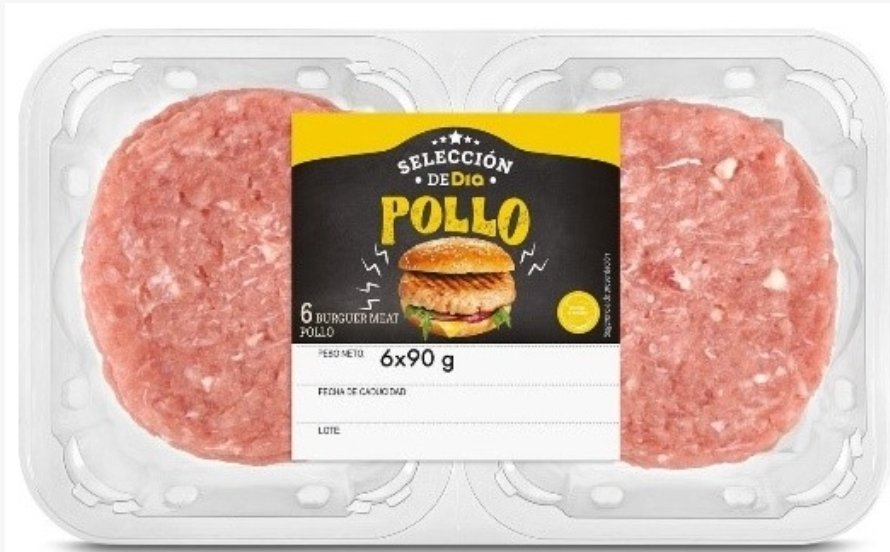
The ‘Día Selection’ brand of chicken patties has been found to contain Salmonella by health authorities.
After receiving notification through SCIRI, the rapid information exchange system between autonomous communities, the Spanish Agency for Food Safety and Nutrition (Aesan) activated the food alert protocol.
The product in question is batch number 250969 and has an expiration date of 19/04/2025.
Plastic containers are used to present these packages, which contain six units each weighing 90 grammes, for a total weight of 540 grammes. They are stored in the refrigerator.
The initial distribution encompassed nine autonomous communities: Andalusia, Aragon, Asturias, Castile and Leon, Castile-La Mancha, Catalonia, Valencian Community, Galicia, and Madrid.
Nevertheless, AESAN issued a cautionary note regarding potential secondary redistributions to other regions.
It is recommended that consumers who have this product refrain from eating it.
It is advised that you visit a health centre immediately if you have consumed the contaminated hamburgers and are experiencing symptoms such as diarrhoea, vomiting, fever, or headache, which are indicative of salmonellosis.
The authorities’ actions
The immediate withdrawal of the product from points of sale was coordinated by AESAN in collaboration with the afflicted autonomous communities. The SCIRI (Spanish Agency for International Trade and Development) facilitated the rapid dissemination of the alert to all potentially affected regions in order to safeguard public health.
Salmonella is one of the primary causes of foodborne illness, and this microbiological contamination poses a substantial health risk. To monitor potential cases associated with this outbreak, authorities are maintaining their surveillance protocol.
Discover more from Costa Blanca Daily
Subscribe to get the latest posts sent to your email.
-
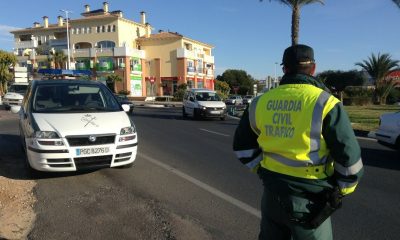
 Costa Blanca2 weeks ago
Costa Blanca2 weeks agoThis week the DGT will issue over 64,000 speeding tickets
-

 Costa Blanca2 weeks ago
Costa Blanca2 weeks agoSix arrested for the use of AI to defraud over 19 million euros
-

 Costa Blanca2 weeks ago
Costa Blanca2 weeks agoThis weekend Alicante will be visited by three NATO ships
-
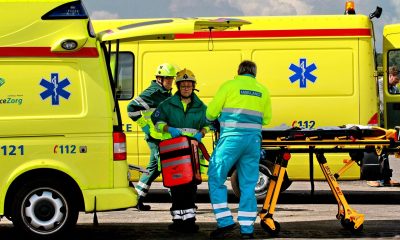
 Costa Blanca2 weeks ago
Costa Blanca2 weeks agoFire in Benidorm sees two being treated for smoke inhalation
-

 Costa Blanca1 week ago
Costa Blanca1 week agoBeware if you receive an orange envelope in your postbox
-
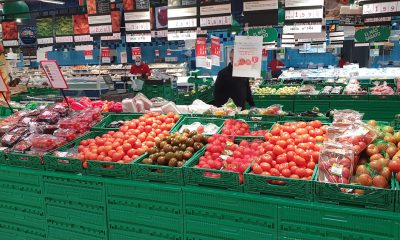
 Costa Blanca2 weeks ago
Costa Blanca2 weeks agoWhy aren’t salaries in Spain rising while everything else is?
-

 Costa Blanca2 weeks ago
Costa Blanca2 weeks agoWhat is the reason for the disappearance of Chinese bazaars in Spain?
-

 Costa Blanca1 week ago
Costa Blanca1 week agoSpanish family killed in helicopter crash in New York

